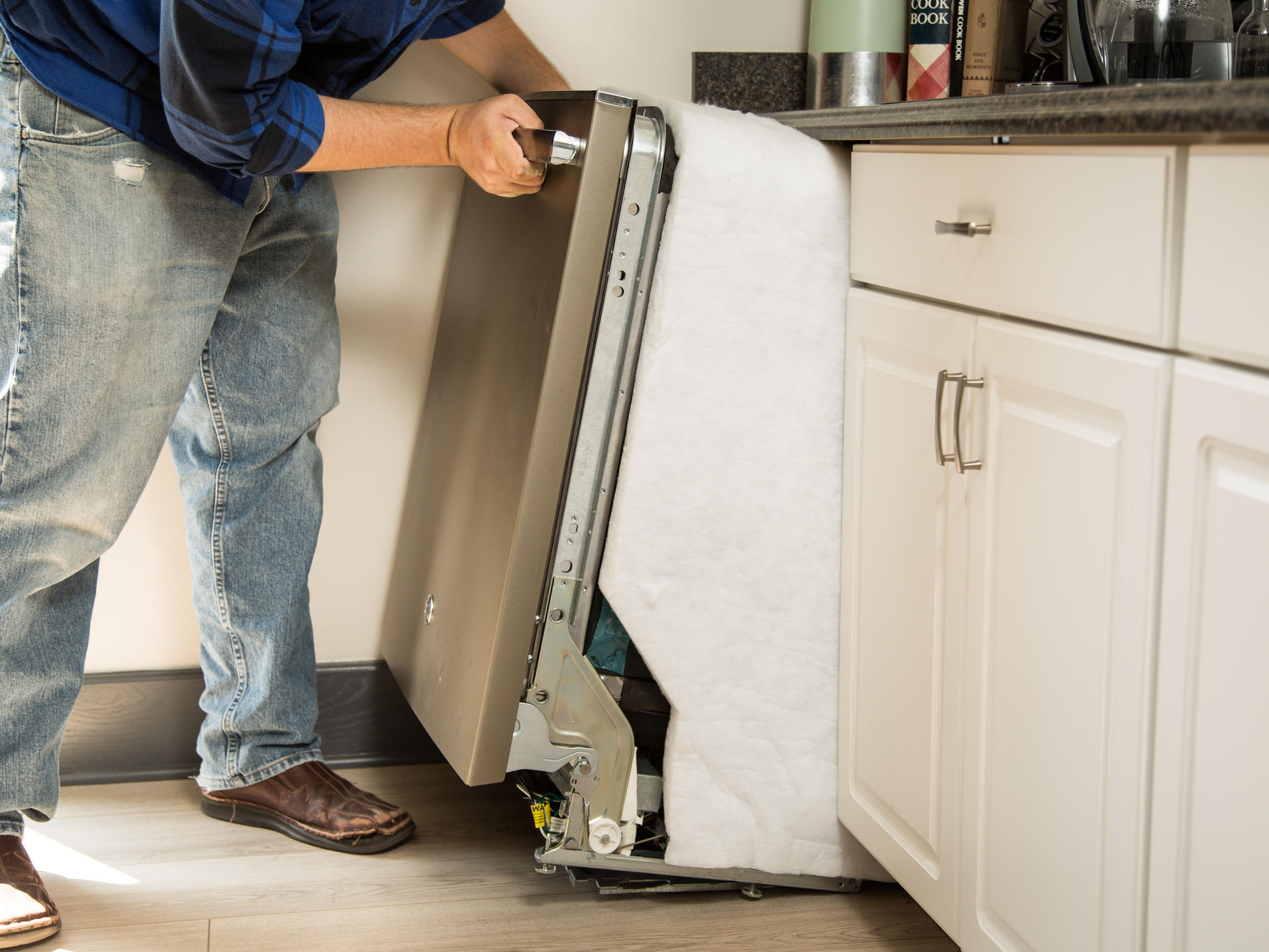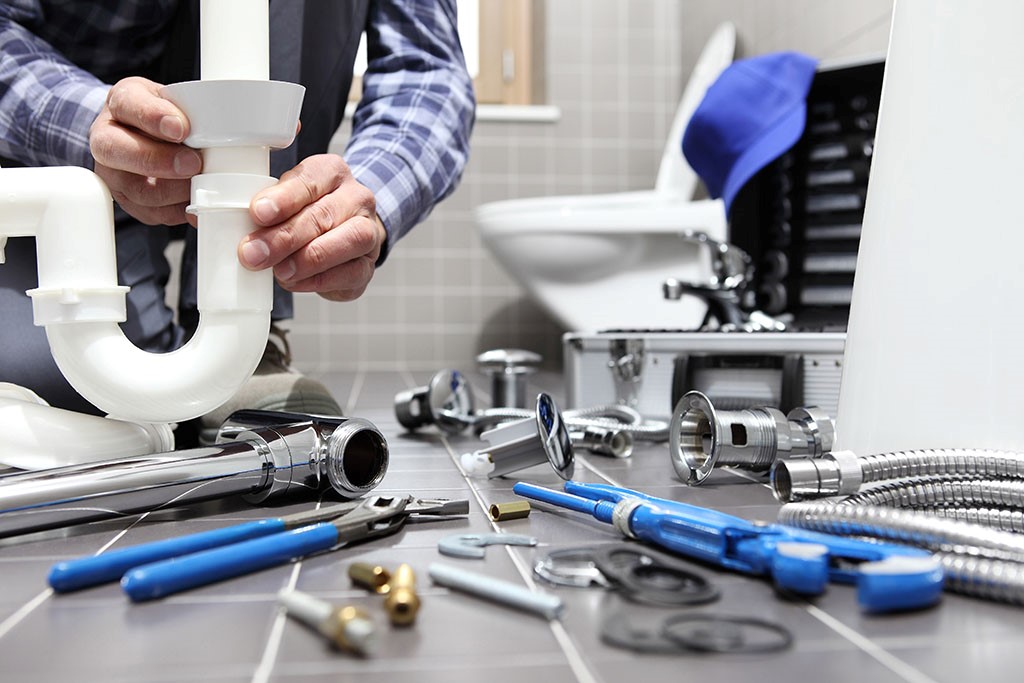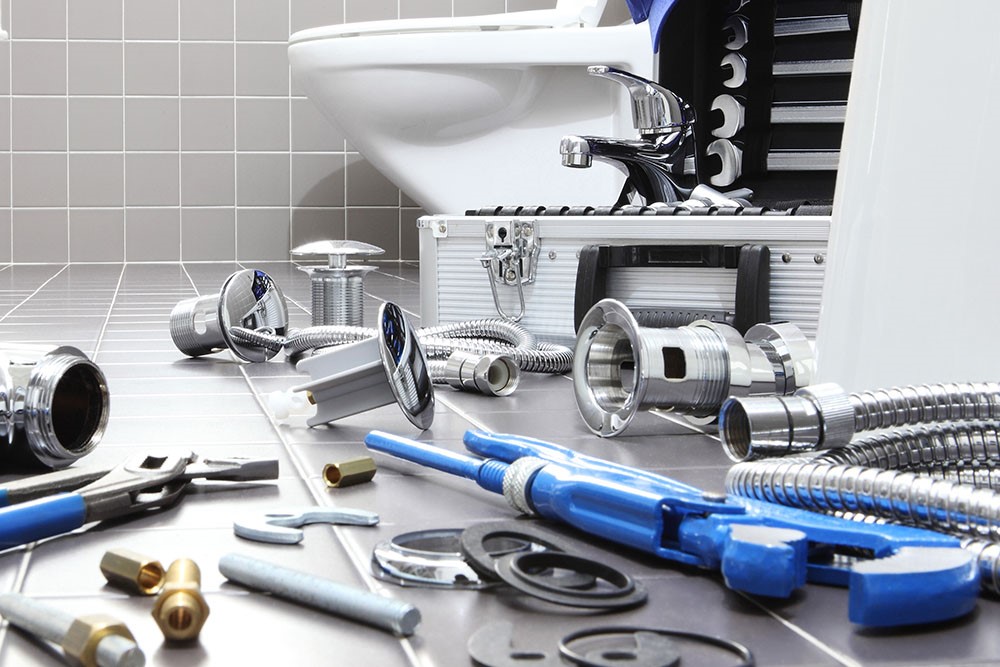Water leaks can be a significant nuisance for homeowners, leading to property damage, wasted resources, and increased utility bills. In a bustling city like Toronto, where aging infrastructure and extreme weather conditions are prevalent, understanding the most common causes of household water leaks is crucial. By identifying and addressing these issues promptly, homeowners can mitigate potential damage and conserve water resources. This article sheds light on the three most prevalent causes of water leaks in Toronto households, providing valuable insights to help homeowners prevent and resolve such issues effectively.
-
Aging Plumbing Systems
One of the primary culprits behind water leaks in Toronto homes is aging plumbing systems. Many houses in the city were built several decades ago, and their plumbing infrastructure may not have been updated since then. Over time, pipes can deteriorate, corrode, or develop cracks, resulting in leaks. The continuous exposure to extreme temperatures and freezing conditions, which are not uncommon in Toronto, can exacerbate the problem. Additionally, shifting soil and ground movements can place stress on the plumbing infrastructure, leading to leaks.
Prevention and Solutions:
Regular maintenance and inspections are crucial for identifying and addressing issues with aging plumbing systems. Homeowners should consider hiring professional plumber Toronto to assess their pipes, identify weak points, and replace worn-out components as necessary. Insulating exposed pipes can protect them from extreme temperatures and minimize the risk of freezing and subsequent leaks. Prompt repairs or replacement of damaged sections of the plumbing system can help prevent extensive damage and save water.
-
Faulty Fixtures and Appliances
Another significant cause of household water leaks in Toronto is faulty fixtures and appliances. Common culprits include leaky faucets, malfunctioning toilets, and damaged water supply lines for appliances such as dishwashers and washing machines. Even minor drips or slow leaks from these sources can waste a significant amount of water over time and lead to water damage in the surrounding areas.
Prevention and Solutions:
Regular inspection and maintenance of fixtures and appliances are essential to prevent water leaks. Homeowners should promptly address any signs of leakage, such as dripping faucets or toilets that continue to run after flushing. Replacing worn-out washers, seals, or other faulty components can often resolve minor leaks. In the case of larger leaks or significant appliance malfunctions, seeking the assistance of professional plumbers or appliance repair services is recommended.
-
Extreme Weather Conditions
Toronto experiences a wide range of weather conditions, including harsh winters and occasional heavy rainfall. These weather events can take a toll on household plumbing systems, leading to water leaks. Freezing temperatures can cause pipes to crack or burst, while heavy rains can overwhelm drainage systems, resulting in water infiltration and potential leaks.
Prevention and Solutions:
Insulating exposed pipes is crucial for protecting them from freezing temperatures during winter. This can be done using pipe sleeves or heat cables. Homeowners should also ensure proper drainage around their properties by keeping gutters and downspouts clear of debris. Regularly inspecting the roof for any signs of damage or leaks can prevent water infiltration during heavy rainfall. Additionally, homeowners should consider installing sump pumps or backwater valves to prevent basement flooding and subsequent leaks.
FAQ
-
How can I detect if I have a water leak in my home?
Detecting a water leak in your home can be done through several signs and indicators. Keep an eye out for unusually high water bills, the sound of running water when no fixtures are in use, damp or wet spots on walls, ceilings, or floors, musty odors, mold or mildew growth, or a drop in water pressure. Additionally, regularly checking your water meter and monitoring for unexpected changes can help identify potential leaks.
-
What should I do if I discover a water leak in my home?
If you discover a water leak in your home, it’s essential to take immediate action to prevent further damage. Start by turning off the water supply to the affected area or, if necessary, the main water supply to your home. This will help minimize the water flow and subsequent damage. Next, contact a professional plumber to assess and repair the leak. Depending on the severity of the leak, you may also need to contact your insurance provider to report any damage and discuss coverage options.
-
Can I fix a water leak myself, or should I hire a professional?
The complexity and severity of the water leak will determine whether you can fix it yourself or if professional assistance is required. Small leaks, such as a dripping faucet or a minor pipe leak, may be possible to fix on your own if you have basic plumbing skills. However, it’s important to note that attempting repairs without sufficient knowledge or experience can potentially worsen the situation or lead to additional damage. For larger leaks, burst pipes, or complex plumbing systems, it’s highly recommended to hire a professional plumber. They have the expertise, tools, and knowledge to accurately diagnose the issue and provide appropriate repairs, ensuring the problem is effectively resolved.
Final Words
Understanding the most common causes of household water leaks in Toronto empowers homeowners to take proactive measures in preventing and addressing such issues. By prioritizing regular inspections, maintenance, and prompt repairs, homeowners can safeguard their properties, conserve water resources, and reduce the financial burden associated with water leaks. Investing in professional plumbing services when needed and staying vigilant about the signs of leaks can go a long way in maintaining a water-efficient and leak-free home in the vibrant city of Toronto.




